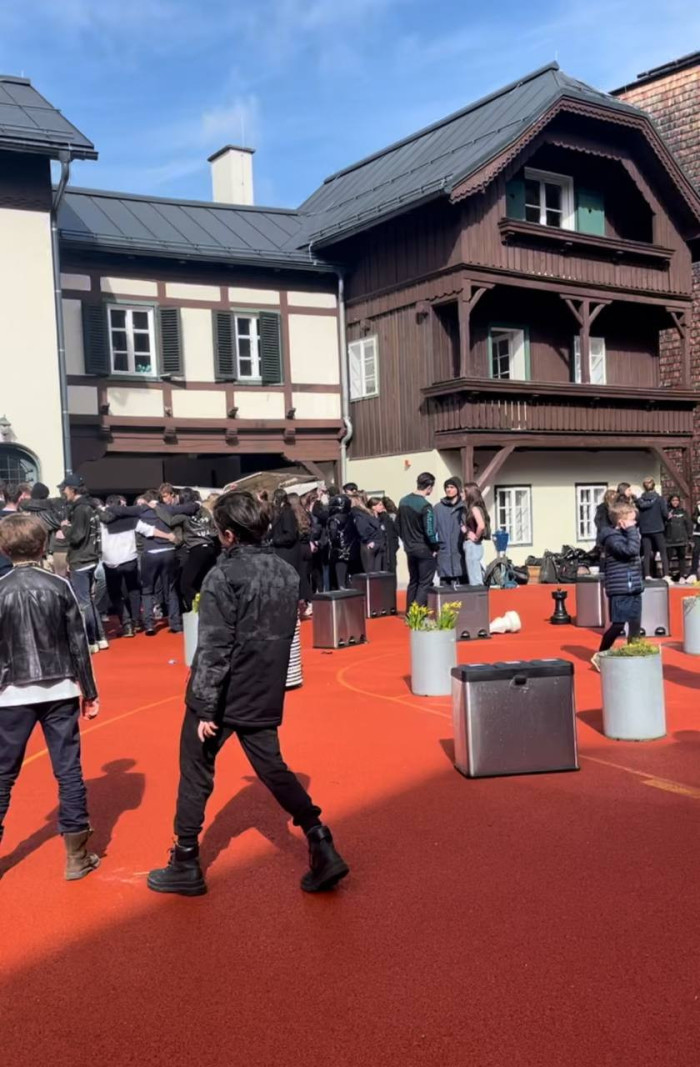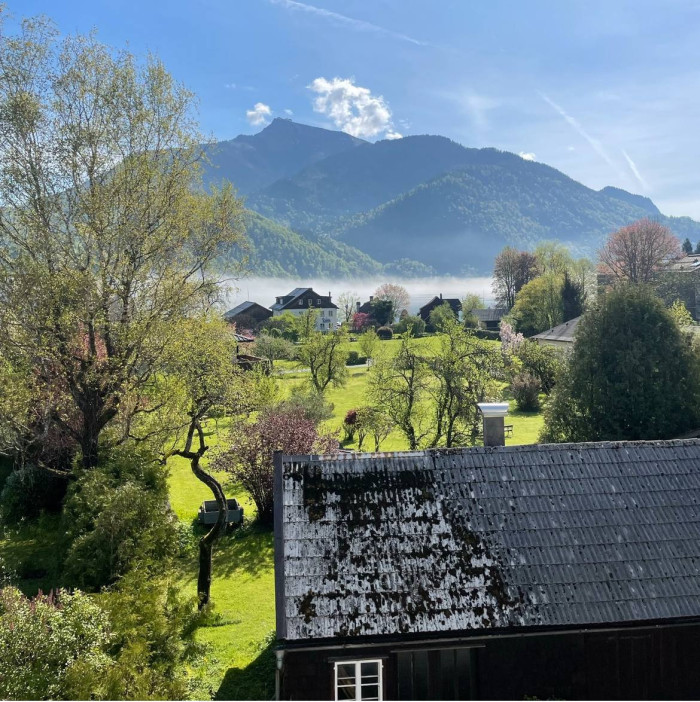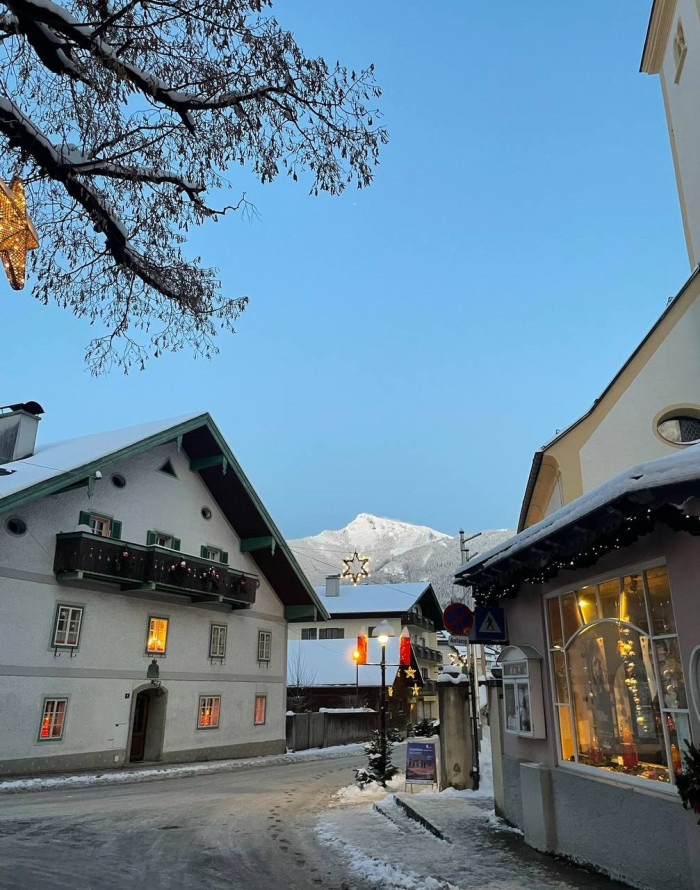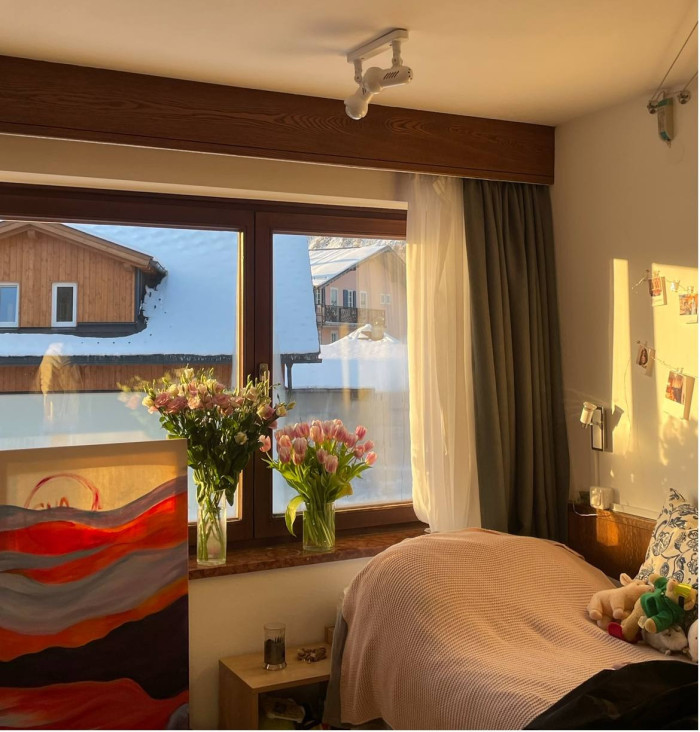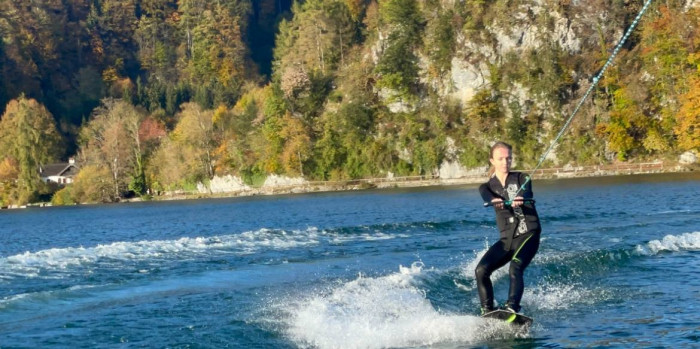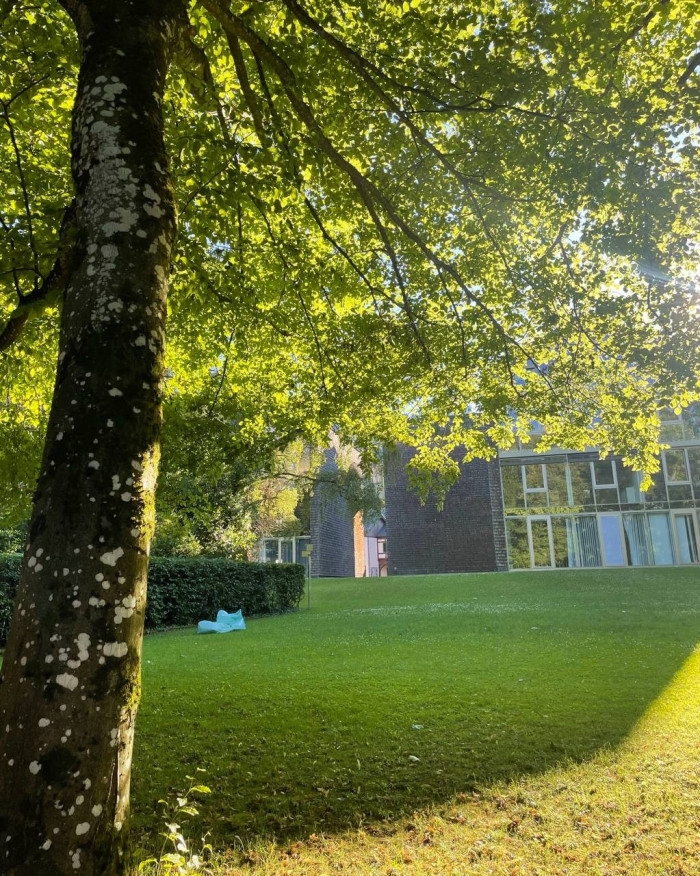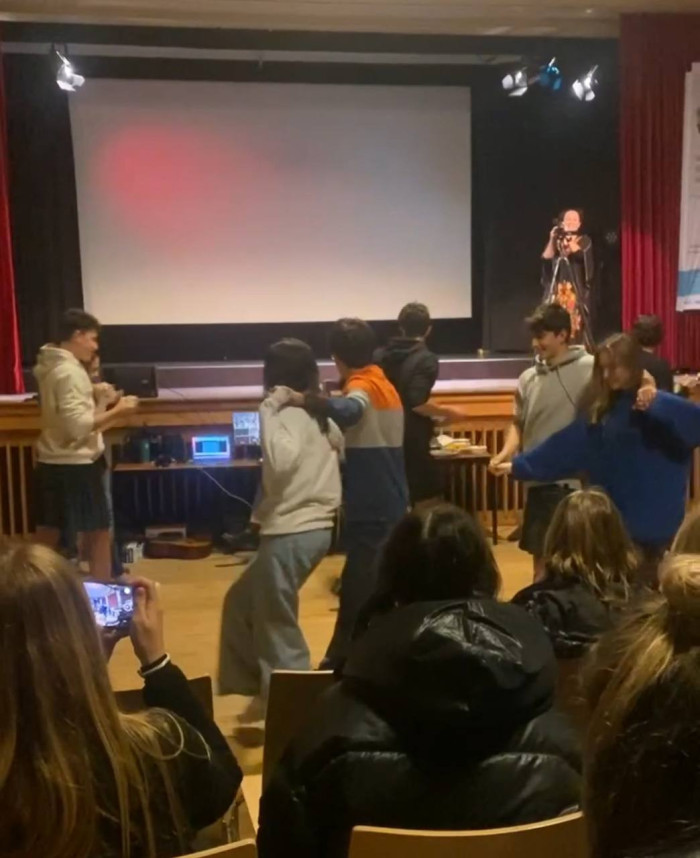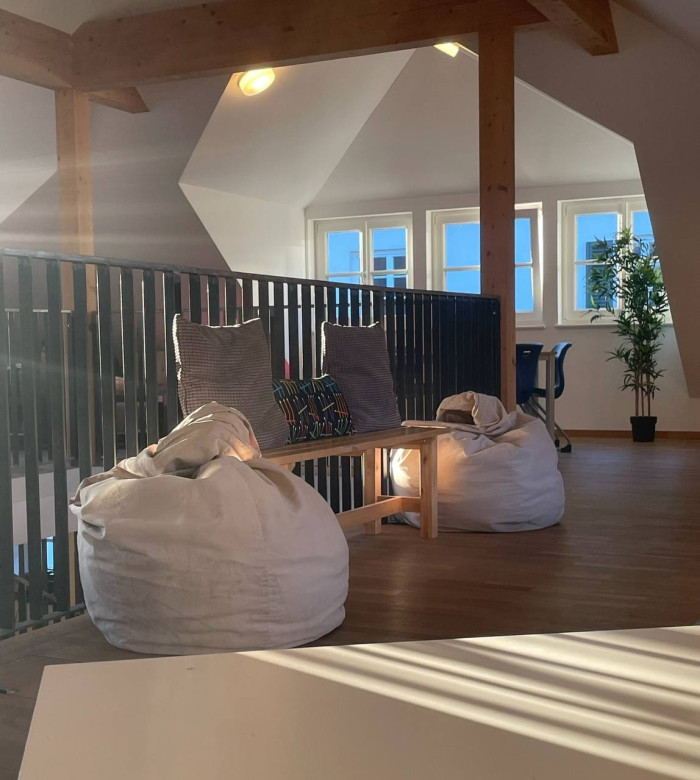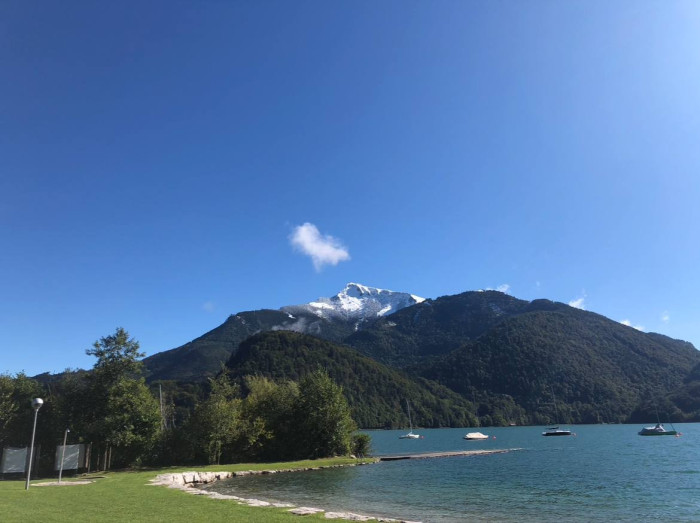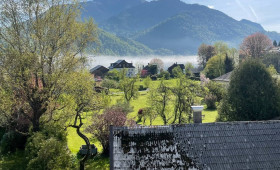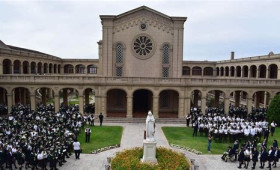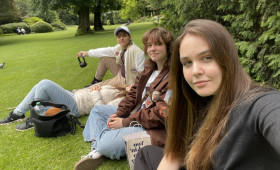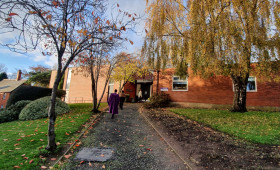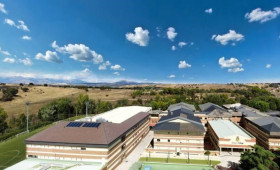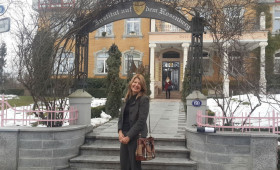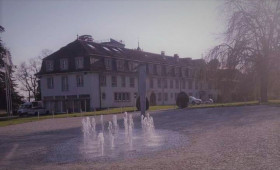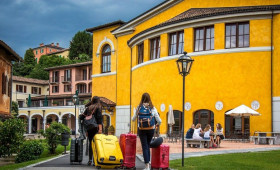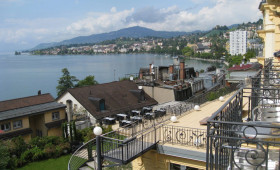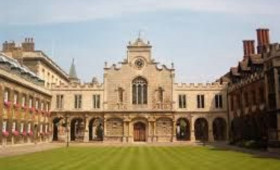Feedback of my student on Sant Gilgen International School
04.05.257
5 years ago, a family approached me with a request to choose a school for a successful girl, who found studying at her school very easy. The family was looking for a school where it would be comfortable to study, and, at the same time, it was difficult for their daughter not to lose interest, since at that time, Vlada had already significantly outpaced her peers in her studies, having skipped a grade twice. Having gone, on my recommendation, to look at the school in Austria Sant Gilgen International School, where before admission there was an opportunity to take a trial day, and then, if everything was fine, to pass the entrance tests, the family without hesitation chose this school for Vlada, where she studied for the last 5 years.
Today, when Vlada has already brilliantly graduated from school and is simultaneously studying at 2 universities, I asked her to share her experience of staying at Sant Gilgen International School and how it helped her prepare for her career choice. I think Vlada's experience once again shows how much independence and motivation studying at a boarding school can give your child.
Choosing StGIS for my IB program was not a difficult decision, as I wanted to study in the middle of the Austrian Alps, especially in a modern and well-equipped school that still preserves Austria’s cultural heritage.
Despite the typical desire of young people to live in a big city, I made the right decision to live in a small village where the school is located. The quiet atmosphere of the village created an ideal environment for studying. The school campus occupies most of the village, making it a very safe place to live. Everything is quite close - it’s no more than a two-minute walk from the boarding house to the school. Everyone in the village knew the school and its students, which made the atmosphere very homely.
There are three boarding houses: one for younger girls, one for younger boys, and a mixed house for older students. I spent some wonderful years at the school,l and the last two years in the house for older students called Kendler.
Although the living arrangements encouraged us to be independent, we never felt lonely or isolated. We could always rely on our boarding parents to help us whenever we needed support. Furthermore, living on campus allowed me to build stronger bonds with the school community and spend more time with my classmates. Generally, those who lived on campus were closer to each other than to students who didn’t live in the boarding house. The proximity of the school to the boarding houses was a big advantage, as we didn’t have to spend much time commuting.
Although the village was quite small, the school did a great job providing us with various facilities. We had more than 50 different activities to choose from, including wakeboarding and sailing on our picturesque lake, as well as hiking and cycling in the mountains.
Extracurricular activities were compulsory four times a week—on Mondays, Tuesdays, Wednesdays, and Saturdays (with Saturday activities primarily for boarding students). The weekday activities lasted for an entire semester, while every Saturday we could choose from a new list of activities. These included trips, longer activities like skiing and snowboarding, lake and mountain sports, and more. My go-to choices were wakeboarding in summer and snowboarding in winter.
I also played tennis quite often. However, if I wanted a more relaxing weekend activity, I would opt for a school trip. Fortunately, there were many sightseeing opportunities nearby, allowing us to explore the beauty of Salzkammergut, with the cost included in the boarding fee.
In addition to the usual activities, the school provided opportunities for students to start their clubs—my friends, for example, started a Russian movie club. We could also participate in competitions; I took part in a math competition and in Model United Nations (MUN). Moreover, the school helped some students receive specialized training—I participated in a snowboarding coaching program, while my friend trained to become a lifeguard.
I think the most memorable experiences I had were not necessarily special events but rather certain time periods, such as the summer terms, which were always sunny, warm, and peaceful. I also cherish the moments I spent with the boarding community and my class, like preparing for our graduation waltz and the graduation itself. The graduation ceremony is definitely worth mentioning, as it takes place in a restaurant near the lake, where we dance our waltz on a pier, with the lake and mountains as a stunning backdrop.
The IB itself is a challenging program, but if you stay disciplined, it becomes much easier. That’s exactly how I approached it, and I ended up scoring 40 points overall. I would say that every subject required effort to master the right approach to answering questions.
It’s not just about how much you know—it’s about how quickly you can apply the right techniques. For me, the only issue was English, which lowered my overall grade due to the lack of effort I put into it.
StGIS teachers are a blessing.
They are highly professional, always ready to help, willing to teach outside school hours, and happy to chat. These people truly love their jobs. I always felt supported, both academically and mentally.
After completing the IB, I went on to study at Queen Mary University of London. Initially, I wasn’t happy about it because I missed an offer from another university due to my English grade, despite meeting all the other requirements.
However, the love for learning and strong time management skills that I developed at StGIS played a crucial role in my later decision to pursue an online undergraduate degree at LSE alongside my on-campus degree at QMUL. As a result, I now study roughly the same number of subjects at two universities as I did in the IB. Meanwhile, British students are generally used to focusing on just three or four A-Level subjects.
Furthermore, life in the boarding house equipped me with essential life skills, making my transition from school to university much smoother compared to my peers, who were used to living at home with their parents always around.
If you’re considering studying at StGIS, I highly recommend attending a trial day. It will give you an idea of what life is like in St. Gilgen. Although you may feel uncomfortable at first, that’s something everyone experiences when they first arrive at boarding school. I promise—you’ll get used to it. Just socialize as much as possible, try out as many activities as you can, and you’ll definitely come to love your time at StGIS.
